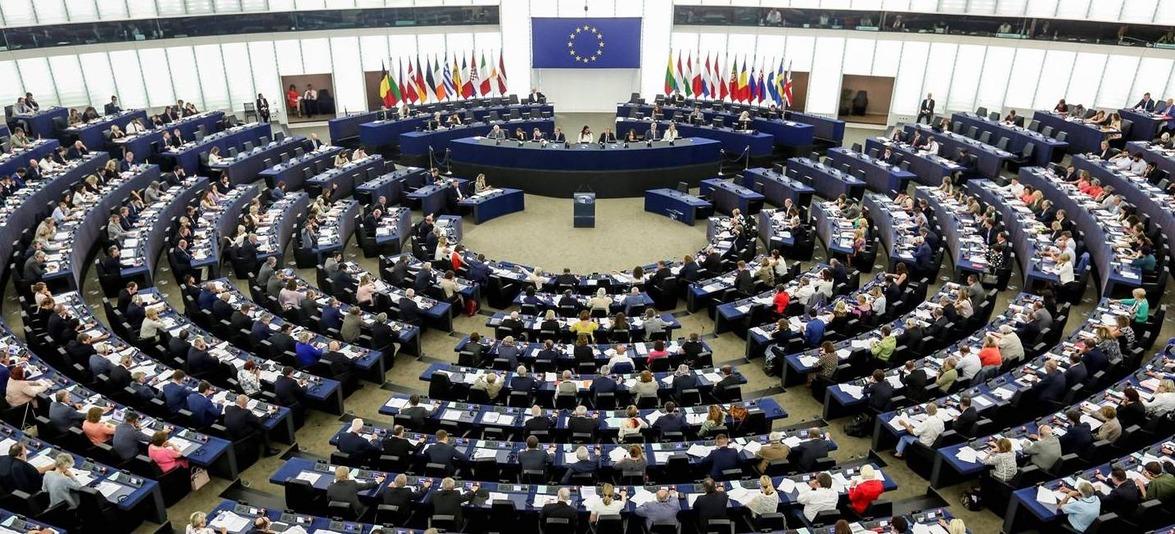On the 17th of June 2020, 60 MEPs sent a letter to the King of Bahrain demanding the release of the rest of political detainees in Bahrain, who had been left out of the prior prison release on March 17th 2020.
Read the full letter HERE
The Bahraini government cited that the reason for the original release of 1,486 prisoners on March 17th was because of the threat posed by the spread of coronavirus amongst the prison population. The release of notable human rights defenders such as Nabeel Rajab is a welcome sight yet many other regime political opponents remain behind bars, despite the increasing number of coronavirus positive cases.
The letter explicitly states concern for the cases of:
“ […] Mr. Hassan Mushaima and Mr. Abdulwahab Husain, the leaders of the opposition in Bahrain. We also are concerned about reports of lack of medical care to Professor, blogger, and human rights defender Dr. Abduljalil Alsingace and political prisoners Shaikh Abdulla Isa Al-Mahroos also known as Shaikh Mirza Almahroos. Some other important political prisoners include Shaikh Abduljalil Almiqdad and Shaikh Ali Salman. Among these prisoners are leading and prominent human rights defender Mr. Naji Fateel, in addition to other imprisoned EU nationals Mr. Abdulhadi Alkhawaja and Shaikh Mohammad Habib Almiqdad.”
By remaining in prison, these individuals remain at a heightened risk of contracting the coronavirus. This is because their health is endangered by overcrowded and unsanitary conditions which exacerbates the spread of the virus. Precautionary measures, such as social distancing are practically impossible to implement due to these conditions; and the letter also draws attention to the lack of protective gear worn by prison staff.
This was not the first time MEPs raised their concern over the conditions of political prisoners in Bahrain. On the 20th December 2019, 20 MEPs sent another letter to the Bahraini Minister of Justice Shaikh Khalid bin Ali bin Abdullah Al Khalifa raising their alarm about the cases of Mohamed Ramadan and Husain Ali Moosa. Subsequently, earlier this year, 44 other MEPs sent a letter to the King of Bahrain Hamad bin Isa of Bahrain, and 45 MEPs sent a second letter to the European Union Minister of Foreign Affairs Josep Borrell raising again concern about Ramadhan and Moosa.
In the latest letter, the 60 MEPs urge the government of Bahrain to take immediate action to release all political prisoners and to take all necessary measures to avoid the spread of the virus in Bahraini prisons and detention centers. The letter states that:
“The international community, NGOs and individual States have been calling for the release of all political prisoners since the beginning of the crisis. On 25 March, UN High Commissioner for Human Rights Michelle Bachelet called on the government to take urgent actions to protect the health and rights of prisoners, and this demand was passed by several NGOs. On 6 April, 21 NGOs including Amnesty International, Human Rights Watch, European Centre for Democracy and Human Rights, and Americans for Democracy and Human Rights in Bahrain raised their concerns about the risk of contagion faced by inmates. More recently, similar claims have been made by prominent Shia religious leader of Bahrain, cleric Ayatollah Sheikh Isa Qassim.”
The most recent letter represents the latest warning to the Bahraini government in respect to the appalling conditions in Bahraini jails. With the increasing number of coronavirus positive cases in the country, the remaining political prisoners in Bahraini prisons are facing a growing risk of contracting the virus. We hope that the government of Bahrain takes heed of this latest warning, in order to safeguard the lives of the individuals who remain behind bars.





